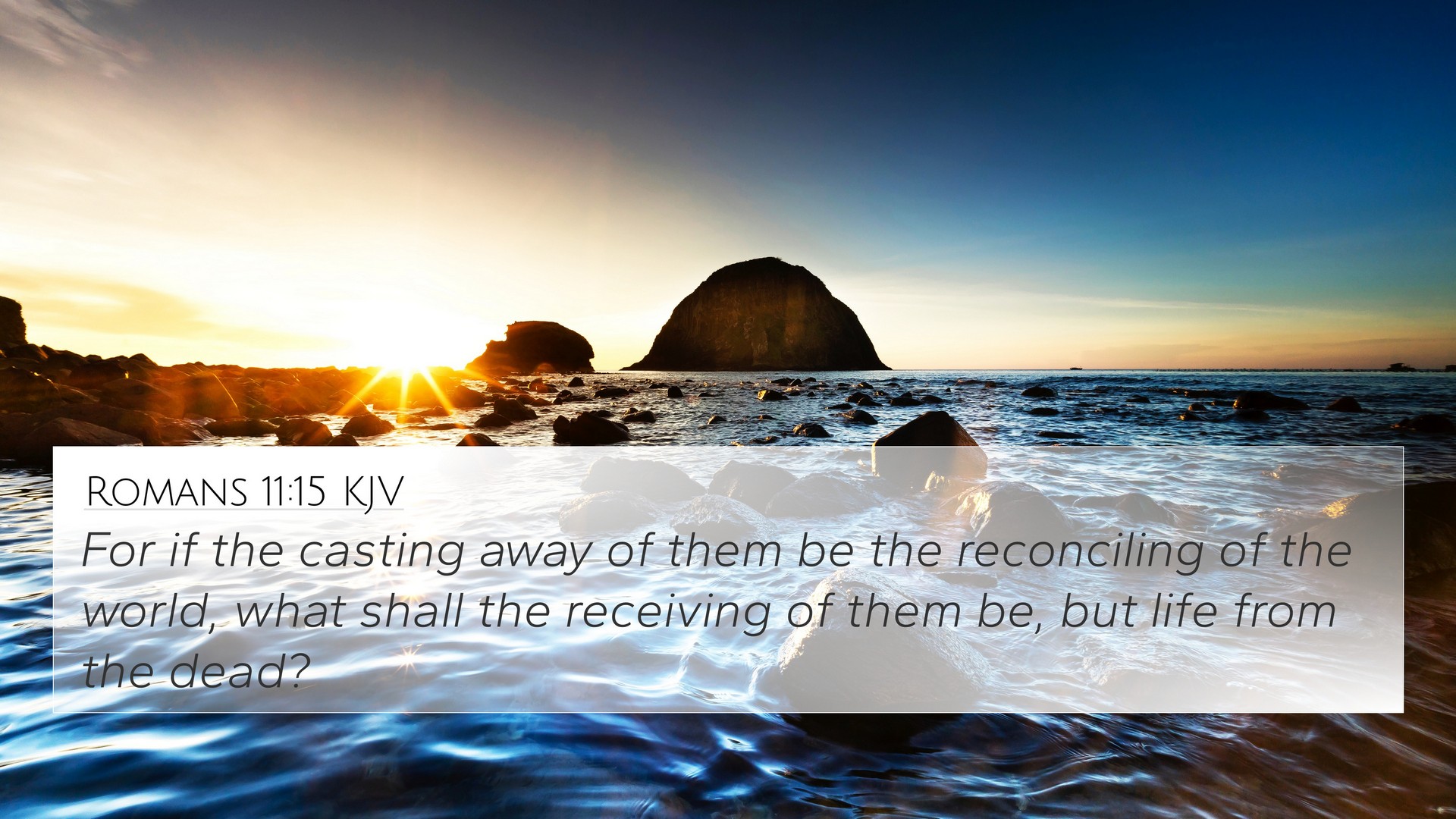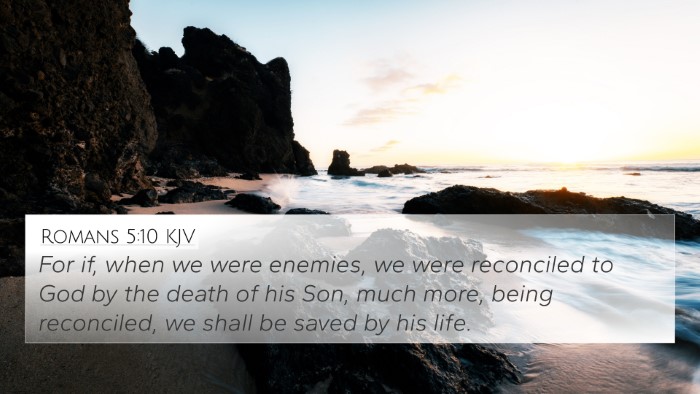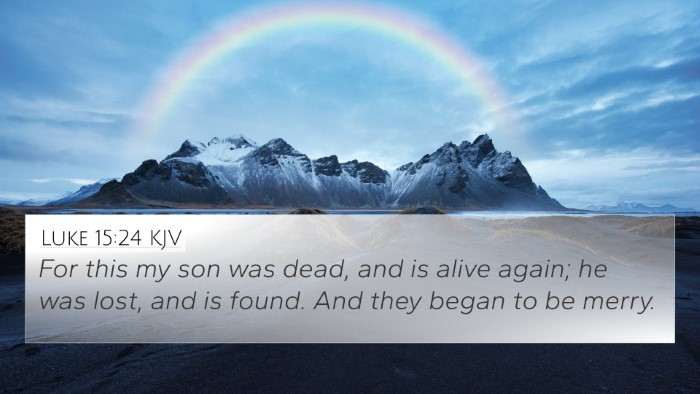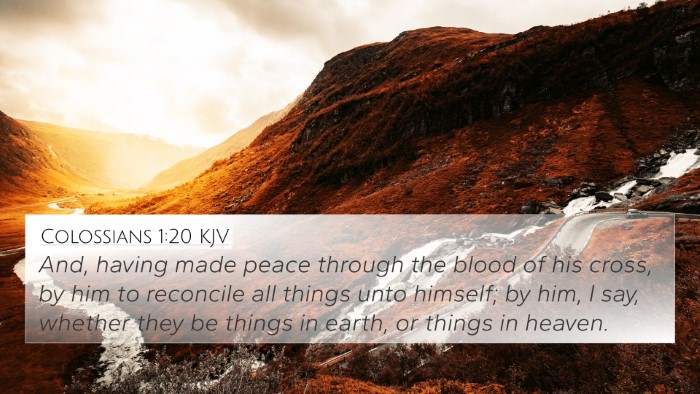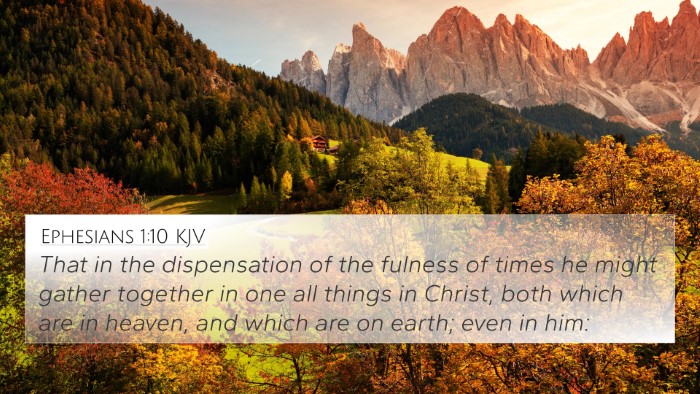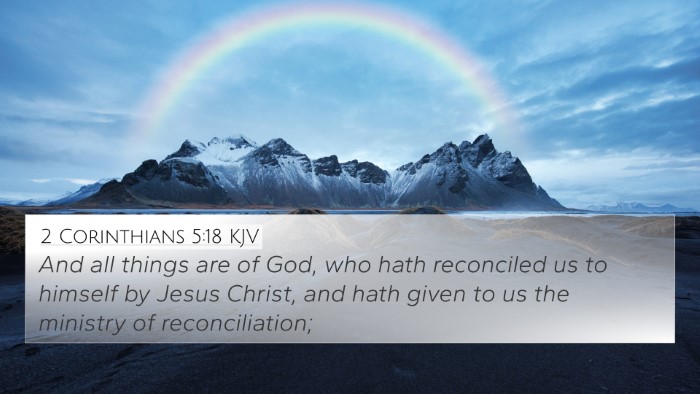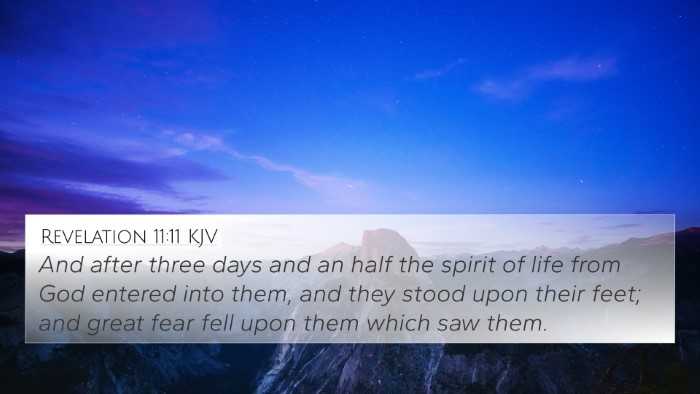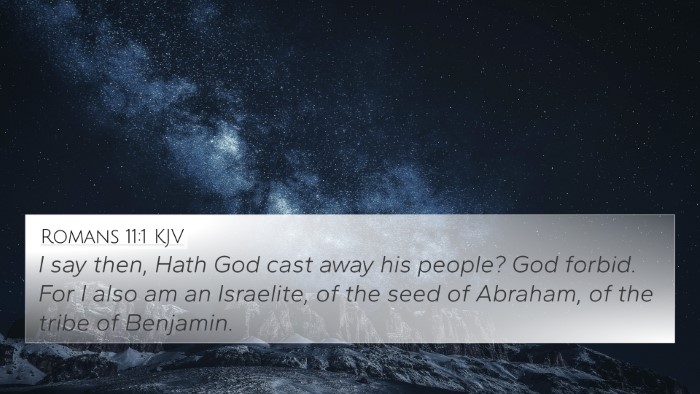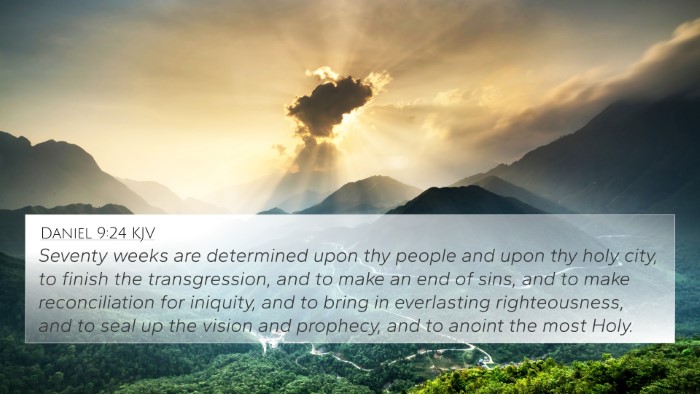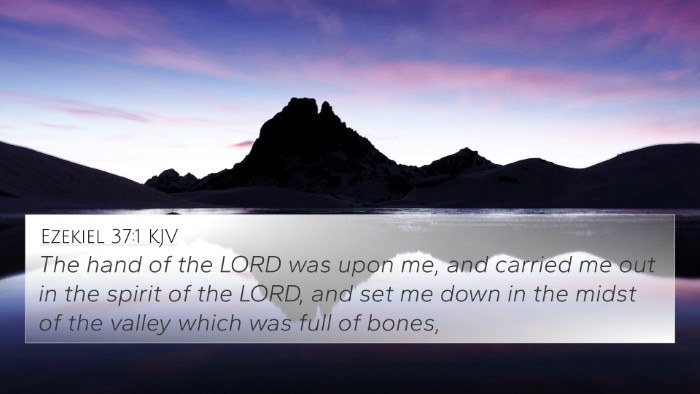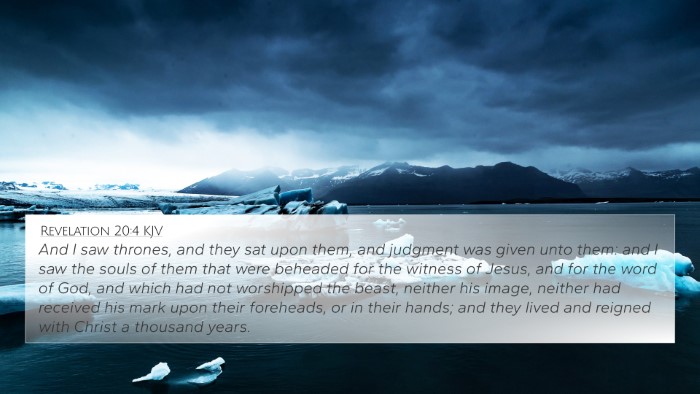Understanding Romans 11:15
Romans 11:15 states: "For if their casting away is the reconciling of the world, what will their acceptance be but life from the dead?" This verse invites profound exploration into the relationship between Israel's rejection of Christ and the subsequent reconciliation of the Gentile world. Here, we will draw insights from various public domain commentaries to enrich our understanding.
Summary of Insights
The Apostle Paul, in this verse, reflects on the spiritual ramifications of Israel's rejection. His argument centers on the assertion that:
- The rejection of Israel has paved the way for the Gentiles to embrace the Gospel.
- This casting away is not only a tragedy but serves a divine purpose in God's plan of salvation.
- The future acceptance of Israel will be a moment of immense spiritual significance, likened to "life from the dead," implying revival and restoration.
Matthew Henry's Commentary Insights
Matthew Henry emphasizes that the rejection of the Jews was sorrowful yet led to a greater good—the inclusion of the Gentiles. He notes that God can bring good from apparent evil and that the restoration of Israel will be akin to a resurrection. Henry highlights the hope that resides in God's redemptive history, urging believers to see the divine hand at work even through rejection.
Albert Barnes' Commentary Insights
Albert Barnes elaborates on the implications of Israel's spiritual blindness. He suggests that this blindness serves the purpose of ultimately enhancing the Gentile experience of salvation. Barnes infers that once Israel turns back to God, it will signal a monumental change in the spiritual landscape—one likened to the vivifying power of resurrection, which brings about not just revival for Israel but a significant blessing for the world.
Adam Clarke's Commentary Insights
Adam Clarke connects this verse with the broader narrative of God's covenant with Israel. He indicates that while Israel's rejection is evident, its future restoration is an assured promise. Clarke draws parallels to other scriptures where resurrection signifies hope and new life, reinforcing that in God’s plan, nothing is irredeemable. Clarke encourages a comprehensive study of scripture to see these overarching themes of loss leading to gain and death leading to life.
Cross-References to Romans 11:15
To appreciate the full context and meaning of Romans 11:15, we can reference several other key scriptures:
- Isaiah 59:20-21: Discusses the coming of a Redeemer to Zion, emphasizing hope for Israel.
- Jeremiah 31:31-34: Describes a new covenant that God will establish with Israel, pointing to future restoration.
- Ephesians 2:12-13: Speaks about Gentiles being brought near through the blood of Christ, highlighting inclusion in God's plan.
- Matthew 23:37: Reflects Jesus's lamentation over Jerusalem’s rejection which underlines the theme of loss and future hope.
- 2 Corinthians 5:17: States that anyone in Christ is a new creation, which resonates with the concept of life from the dead.
- John 11:25-26: Jesus stating that He is the resurrection and the life also connects to the theme of spiritual revival.
- Romans 5:10: Speaks of reconciliation through Christ, shedding light on the foundational aspect of restoration.
Thematic Connections
The verse invites discussions on the deeper themes of rejection, redemption, and resurrection. Its implications stretch across the Old and New Testaments, illustrating a cohesive narrative of hope. The insights and cross-references help us to recognize:
- Hope amidst rejection: The structure of salvation history shows that God’s plans often transcend human failure.
- Restoration foreseen: Future acceptance of Israel naively reflects God’s unwavering faithfulness.
- Interconnectedness of the Scriptures: Various passages across the Bible support the unity in God’s redemptive plan, showing how all scriptures connect and refer to one another.
Cross-Referencing Biblical Texts
Understanding and utilizing a bible cross-reference guide enhances our study. By cross-referencing Romans 11:15 with other scriptures, we can identify a network of connections. Tools for Bible cross-referencing can help deepen your study and illuminate how disparate themes interlace in God’s narrative.
Conclusion
Romans 11:15 offers rich insights into God's intricate plan for redemption, emphasizing how rejection can lead to expanded grace and life. By engaging with other scriptures, we uncover profound truths about God’s character and divine purposes. Scholars and laypersons alike can utilize these insights to deepen their understanding of the Bible as a cohesive text, revealing the inter-Biblical dialogue that informs our faith.
